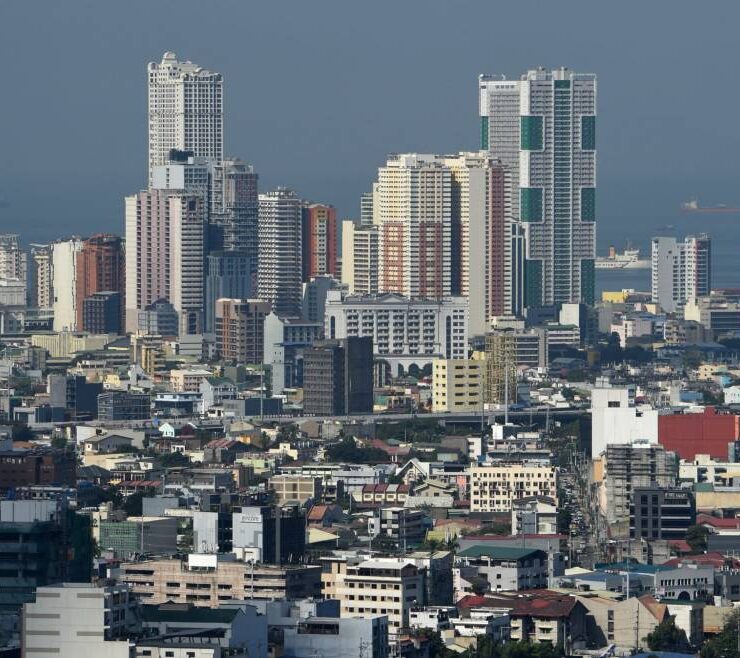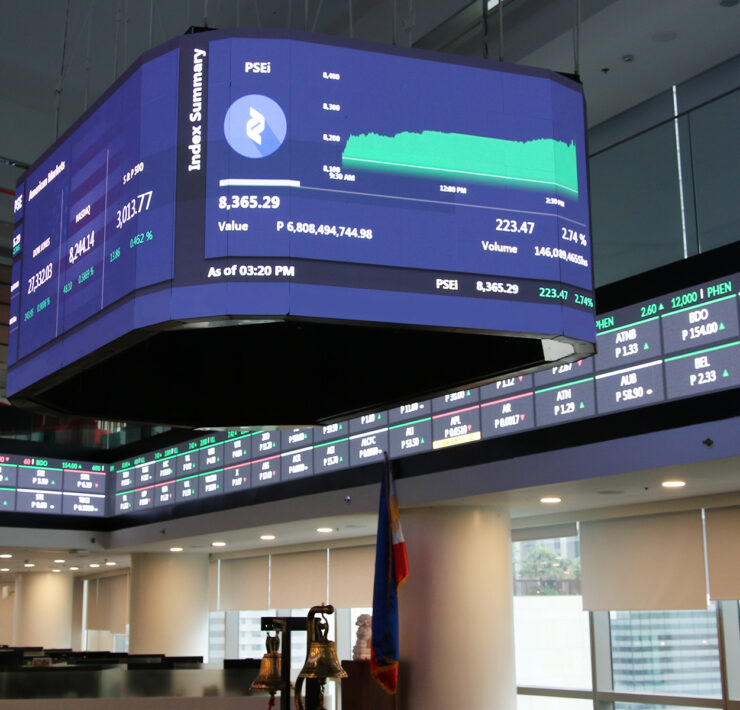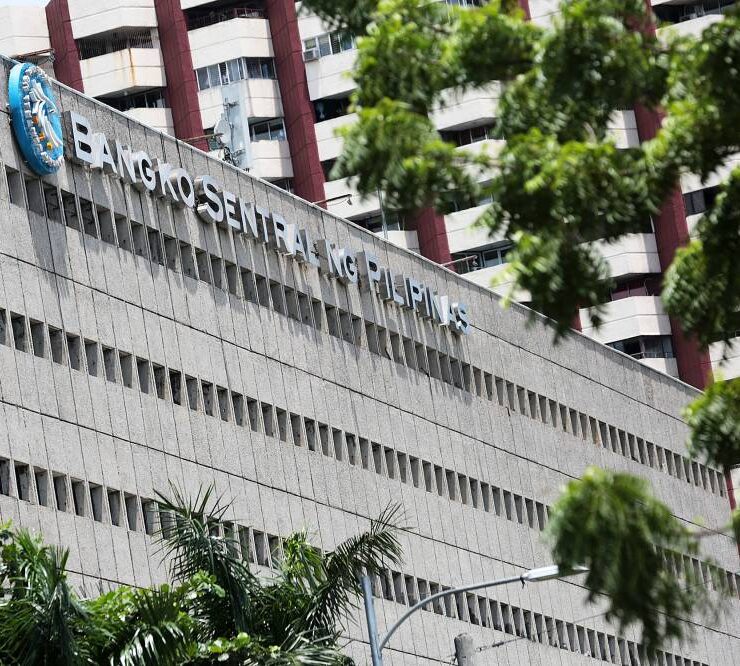PH seen growing faster in 2024, but will not hit government target

The Philippine economy is projected to grow faster this year, but will not hit the government’s target as the El Niño climate phenomenon hurts food supply and threatens to fan stubbornly high inflation, Union Bank of the Philippines said.
Unionbank chief financial officer Manuel Lozano said the company expects the economy to expand at a faster rate of 5.8 percent in 2024, from 5.5 percent in 2023.
Lozano was responding to a stockholder’s question during Unionbank’s annual shareholders’ meeting last week. If realized, the bank’s projection would settle below the tempered target of the Marcos administration that aspires for a 6 to 7 percent growth this year.
For Unionbank, the biggest risk to growth is still inflation, which is at risk of breaching the state’s 2 to 4 percent target anew amid an ongoing dry spell that’s wreaking havoc on farms.
“We still remain quite hopeful, but really have to stay realistic about the economic outlook in 2024,” Lozano said.
Farming output
“Unfortunately, dry weather El Niño will hurt farming output and that may dampen the economic output. Overall, though, we expect things to improve and inflation to settle down within a healthy range by the end of this year,” he added.
A persistently high inflation would likely force the Bangko Sentral ng Pilipinas (BSP) to keep its ultra-tight monetary policy settings unchanged for much longer, which several analysts identified as a major obstacle to the government’s ambition to achieve a 6-percent growth. This is because a high interest rate environment could crimp financing for household activities and business expansion plans.
The BSP has so far kept its key rate unchanged at 6.5 percent, the tightest in nearly 17 years. Already, BSP Governor Eli Remolona Jr. admitted that the room to ease monetary policy has narrowed, as he floated the possibility of a later rate cut in the first quarter of 2025 if the inflation problem worsens.
For Unionbank, the economy can still get its juice from consumption, which had shown resilience even in the face of tight financial conditions amid improvements in the local labor market and the usual lifeline that households get from remittances.
“People spending more, and businesses investing again, jobs in factories and services money sent home from abroad, and hopefully better tourism should all help this growth,” Lozano said.
“The government is also spending on public infra projects and there are big investments lined up in that area,” he added.




















